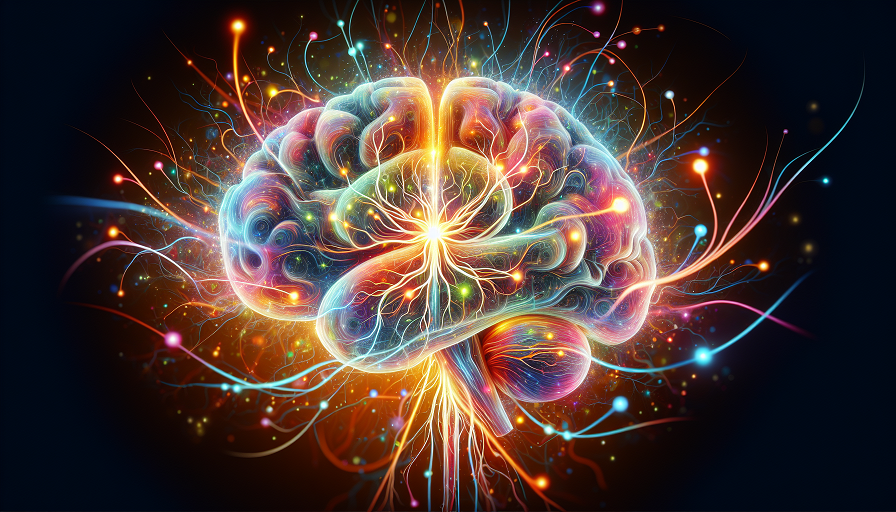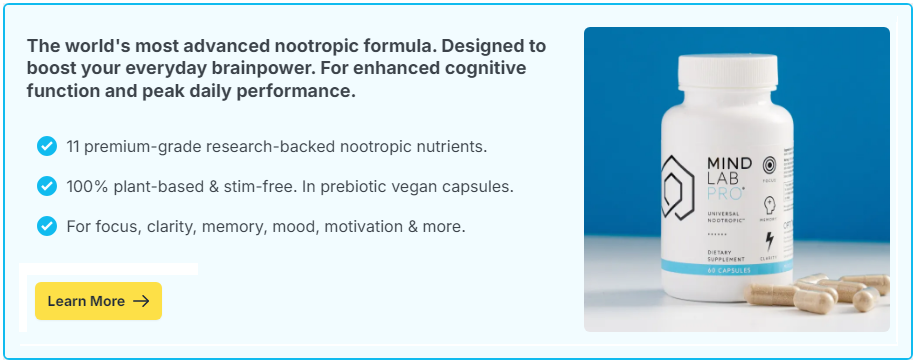
Have you ever wondered why some ideas pop into your mind seemingly out of nowhere, while others never make it to your conscious thoughts? The human brain is a remarkable organ, capable of processing an overwhelming amount of information every second. But how does it decide which ideas are worth your attention and which are not? Surprisingly, your brain has a fascinating way of editing ideas before you’re even aware of them.
Contents
The Subconscious Mind at Work
The term “subconscious” refers to the portion of the mind that is not currently in focal awareness. It functions as a powerful but silent partner in our daily lives, working behind the scenes. The subconscious is constantly filtering and organizing information, deciding what is important enough to pass along to your conscious mind. The process is essential for managing the staggering flow of data you encounter daily, from the sights and sounds around you to your own psychological and emotional states.
What Influences Subconscious Filtering?
Your subconscious mind doesn’t work randomly; it uses a few key factors to determine what catches your attention:
- Survival Needs: At its most basic level, your brain is wired to ensure survival. Any information that might signal danger or satisfy hunger, thirst, or sleep needs gets high priority.
- Personal Interests: Your hobbies, passions, and current focuses in life influence what your brain considers important. This is why when you’re interested in a topic, you tend to notice more about it everywhere you go.
- Emotional Relevance: Ideas or stimuli that trigger strong emotions, whether positive or negative, tend to capture attention more effectively than neutral information.
- Repetition: Frequent exposure to certain information can raise its chances of making it past the subconscious mind, helping you notice patterns and forming habits.
The Role of the Reticular Activating System
One of the critical players in idea editing is the reticular activating system (RAS), a small bundle of nerves located in the brainstem. Think of it as the gatekeeper of information that filters out unnecessary data and allows important stuff to reach your conscious mind.
How Does the RAS Work?
The RAS sorts through a massive amount of information to identify what’s worth noticing based on situations, personal values, and the environment. It operates similarly to a searchlight, illuminating only the parts of the experience that align with your current focus or perceived importance. This function can explain why after buying a new car, suddenly you see the same make and model everywhere.
Influence of Biases and Experience
It’s important to note that your brain’s idea filtration process isn’t completely unbiased. Here’s where individual biases and past experiences come into play.
Cognitive Biases
These are thinking errors we make due to our brain’s attempt to simplify information processing. Biases like confirmation bias lead us to notice information that supports our existing beliefs while ignoring contradictory evidence. This unconscious editing can shape the thoughts that reach your awareness, sometimes limiting your perspective.
Past Experiences
Your previous experiences heavily influence idea filtration. Past successes, failures, traumas, and milestones can determine what automatically gets set aside or passed to your conscious mind. For instance, if you’ve had a bad experience with dogs, your subconscious might always alert you to their presence, ensuring you’re more cautious than another person might be.
The Power of Mindfulness
While this subconscious editing happens automatically, there are ways to become more aware of it and even influence the process. Mindfulness, or the practice of being fully present and engaged with the current moment, can help you tap into these background processes.
Practical Tips for Mindfulness
- Regular Meditation: This helps you become more aware of the thoughts and feelings that usually fly under your radar.
- Active Listening: When engaged in conversation, focus entirely on the speaker without planning your response. This can broaden your understanding and reveal overlooked perspectives.
- Journaling: Writing down your thoughts can uncover patterns in your thinking that you weren’t previously conscious of.
Enhancing Cognitive Function with Brain Supplements
Another emerging area of interest is the use of brain supplements, also known as nootropics, to potentially boost cognitive function and enhance the brain’s natural ability to edit and filter ideas. These supplements are designed to improve memory, focus, and overall brain health, providing an additional tool to augment your mental processes. But can they really influence how effectively your brain edits ideas?
What Are Brain Supplements?
Brain supplements are often composed of natural ingredients, vitamins, and minerals believed to support cognitive function. Popular components include omega-3 fatty acids, found in fish oil, which are known for maintaining healthy brain cells, and ginkgo biloba, which is touted for enhancing blood circulation to the brain.
The Potential Impact on Idea Filtering
While scientific research on the efficacy of these supplements is still developing, proponents argue that improved cognitive function can lead to better focus and heightened awareness, potentially refining the brain’s ability to sieve through information and hone in on valuable ideas. For example, increased mental clarity and reduced cognitive fatigue might allow for a more precise and nuanced reflection on which ideas are retained and which are dismissed.
Choosing the Right Supplements
If you’re considering brain supplements as a means to enhance your cognitive capabilities, it’s important to choose products that are backed by scientific research. Look for supplements that list their ingredients clearly and are produced by reputable companies with transparent sourcing methods. Consulting with a healthcare professional before beginning any supplement regimen is also advisable, ensuring it aligns with your health needs and conditions.
The Impact on Creativity
How does this filtering and editing system affect creativity? Creativity relies heavily on the ability to generate new ideas, yet if your brain cuts off certain notions too early, you might miss out on potentially groundbreaking ideas.
Fostering Creativity Through Awareness
Knowing that your brain has a natural filter allows you to deliberately put yourself in situations or adopt attitudes that foster creativity:
- Embrace Novelty: Exposing yourself to new experiences and information can expand the range of ideas your brain considers, breaking your usual thought patterns.
- Challenge Norms: Questioning the status quo encourages your brain to rethink conventional pathways and allows fresh ideas to surface.
- Mind Wandering: Allowing your mind some free range, without focusing on specific tasks, can encourage your brain to explore connections it usually wouldn’t.
The way your brain edits ideas before they reach your conscious mind is a fascinating dance between ancient survival mechanisms and modern life’s demands for focus and understanding. While much of this process happens automatically, becoming aware of how it works and learning to influence it can empower you to harness the full potential of your mind. Through mindfulness and openness to experience, you can guide your brain’s filtering system, making room for innovation, creativity, and a richer experience of the world around you.

